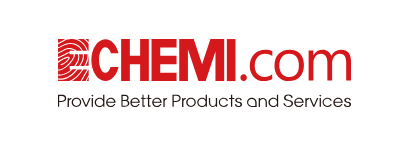Certification standards for pharmaceutical intermediate suppliers are essential benchmarks that ensure the quality, safety, and regulatory compliance of the chemical intermediates used in pharmaceutical manufacturing. These standards are designed to verify that suppliers adhere to strict manufacturing practices, maintain high-quality control, and comply with international and local regulations, ultimately safeguarding patient health and ensuring the efficacy of pharmaceutical products.
One of the most widely recognized certification standards is the Good Manufacturing Practice (GMP) certification. GMP sets stringent requirements for production processes, quality management systems, equipment validation, personnel training, and traceability. Suppliers holding GMP certification demonstrate their commitment to producing pharmaceutical intermediates that meet safety and quality specifications, minimizing risks of contamination, impurities, or inconsistencies.
In addition to GMP, certifications such as ISO 9001 focus on quality management systems, emphasizing process control, customer satisfaction, and continual improvement. ISO 9001 certification reassures pharmaceutical companies that suppliers maintain consistent quality standards across their operations, ensuring reliability and traceability of intermediates.
Regulatory compliance is a key component of certification standards. Suppliers must comply with the requirements set forth by agencies like the Food and Drug Administration (FDA), European Medicines Agency (EMA), and other relevant authorities. Certification processes often involve audits, documentation reviews, and on-site inspections to verify adherence to these regulations, including those related to environmental management, worker safety, and chemical handling.
Numerous industry-specific standards also apply, such as the International Conference on Harmonisation’s (ICH) guidelines, which promote harmonized quality standards across different regions. Certification to these standards demonstrates that suppliers meet the rigorous specifications necessary for pharmaceuticals, including purity, stability, and appropriate labeling.
Achieving certification benefits both suppliers and pharmaceutical companies. Suppliers with recognized certifications can access global markets more easily, build trust with clients, and demonstrate their commitment to quality and compliance. Meanwhile, pharmaceutical companies can mitigate supply chain risks, ensure the consistency of raw materials, and adhere to regulatory requirements, thereby safeguarding patient health and reducing legal liabilities.
In summary, certification standards for pharmaceutical intermediate suppliers serve as vital benchmarks ensuring high-quality, compliant, and reliable raw materials for drug manufacturing. They foster trust, facilitate global trade, and support the overarching goal of delivering safe and effective medicines to patients worldwide.


